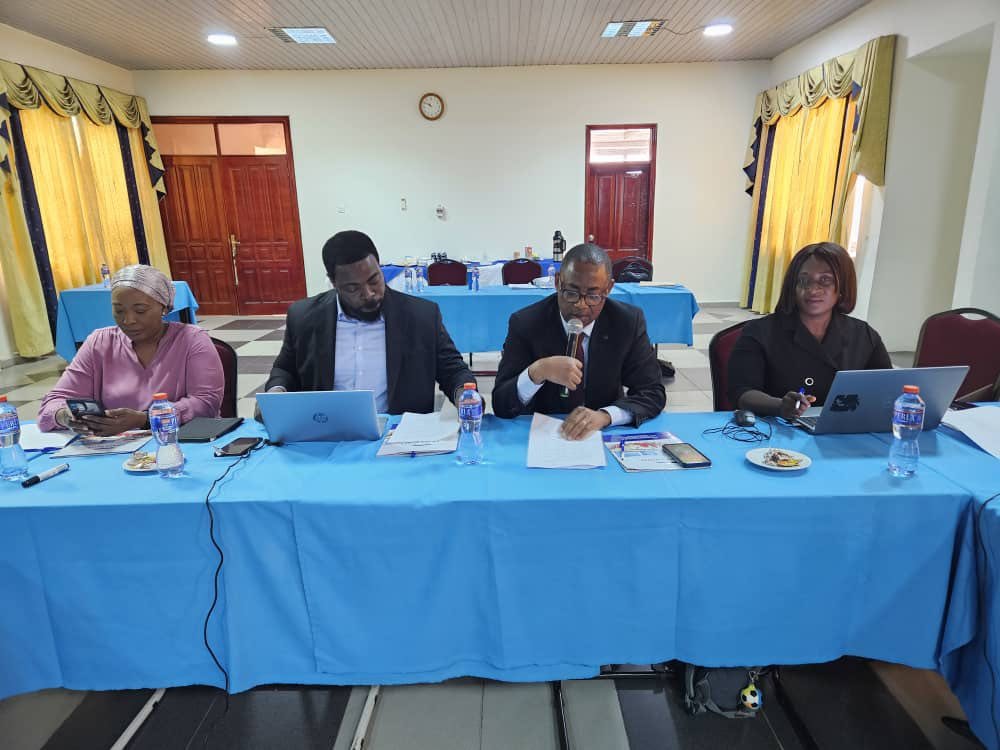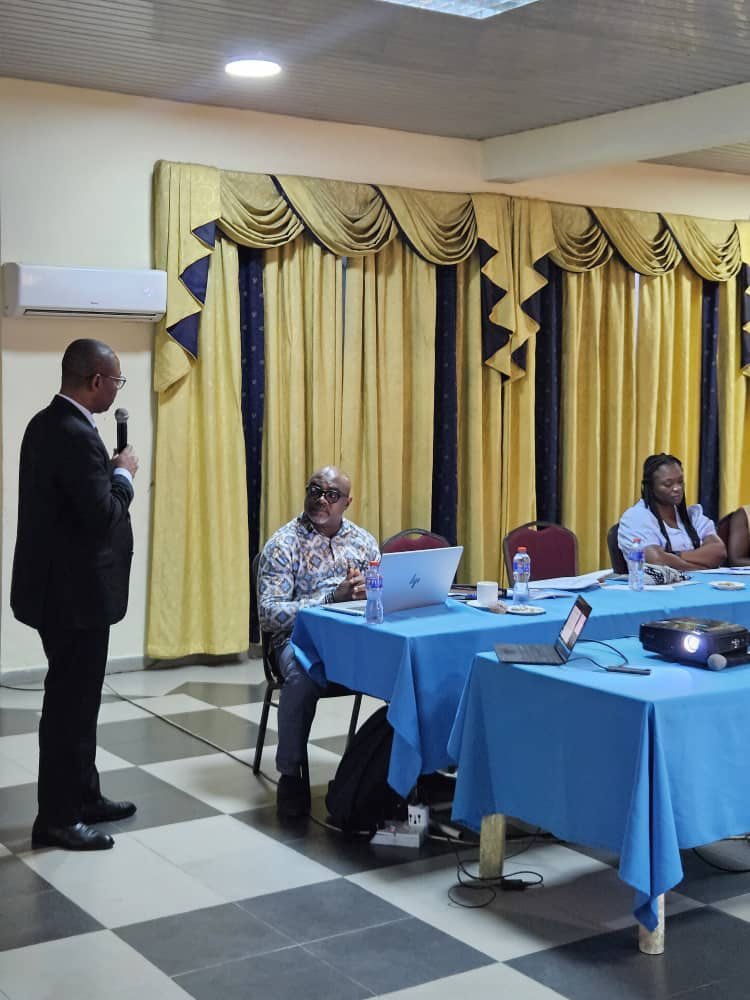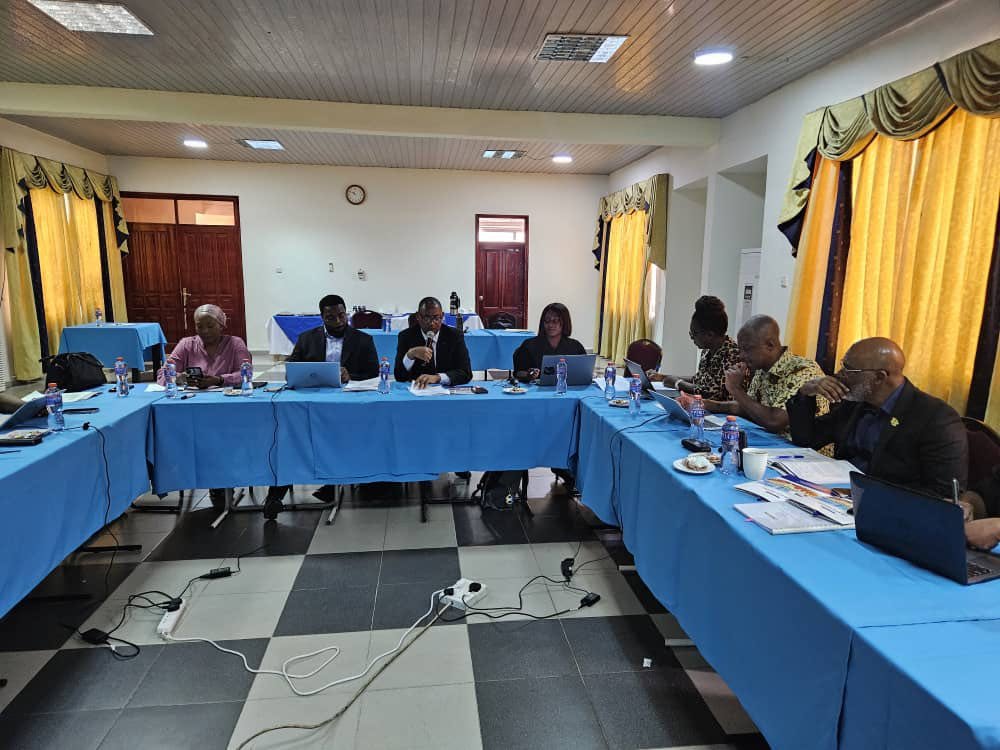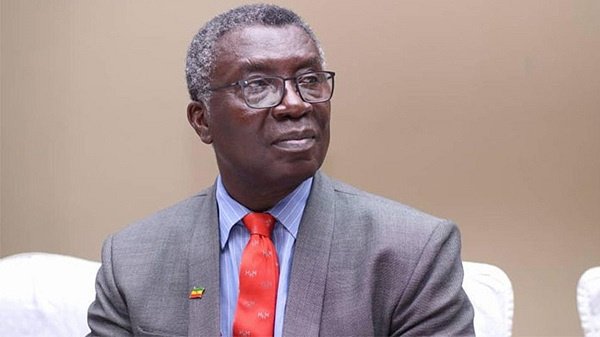The Executive Management of the National Health Insurance Authority (NHIA) has commenced a high-level strategic review workshop to realign its priorities and shape a comprehensive Medium-Term Strategic Plan (MTSP) for 2026–2029.
The four-day exercise, which began on Tuesday, October 14, 2025, in Accra, brings together directors, regional managers, and key technical officers to evaluate the NHIA’s performance under the ongoing 2022–2025 strategic plan and to chart a new course for sustainable health financing and improved service delivery.
Opening the session, the Deputy Chief Executive for Operations, Dr. Senanu Kwesi Djokoto, emphasized that the workshop represents a crucial step in defining the Authority’s direction for the next four years.
He noted that the deliberations were not only about setting goals but also about identifying practical pathways and performance measures that will ensure the NHIA delivers on its mandate more effectively.
“We are going to look at our strategic priorities and objectives as well. Going forward, after we have the draft, we have to actually begin to think about our results framework as well.”
NHIA Deputy Chief Executive for Operations, Dr. Senanu Kwesi Djokoto
He described the process as highly technical, explaining that it requires collective input and innovation from all departments to produce a strong, implementable plan.
“What inputs would be required from our community? What would be the outcomes? What impact would we hope to make on health financing in this country? Then the rest will follow through.”
NHIA Deputy Chief Executive for Operations, Dr. Senanu Kwesi Djokoto
Dr. Djokoto expressed confidence that the discussions would yield actionable outcomes and reaffirm the Authority’s commitment to accountability, innovation, and service excellence.

He stressed that as Ghana’s leading public health financing institution, the NHIA must continue to adapt to changing needs and expectations within the health sector while ensuring that its operations remain transparent and people-centered.
Evaluation of the NHIA’s Strategic Planning Process
Delivering a detailed presentation on the background and evaluation of the NHIA’s strategic planning process, the Acting Director of Research, Policy, Monitoring, and Evaluation, Mr. Suleymana Abass, traced the evolution of the Authority’s medium-term strategies and how they have shaped institutional development over the years.
He explained that the formulation of the 2026–2029 MTSP builds on key lessons and policy experiences gained from previous plans.
According to Mr. Abass, the current 2022–2025 MTSP provided valuable insights into the Authority’s strengths and gaps, particularly in the areas of financial sustainability, claims management, technological innovation, and stakeholder engagement.
He emphasized that these lessons would be integrated into the design of the next plan to improve institutional efficiency and the overall quality of healthcare delivery. Mr. Abass also outlined the analytical frameworks and stakeholder consultation processes guiding the development of the new MTSP.
He noted that data-driven evaluation, environmental scanning, and performance monitoring remain central to ensuring that the Authority’s future policies are grounded in evidence and aligned with Ghana’s national health financing goals.

He further highlighted the importance of inter-departmental collaboration and continuous review mechanisms, stating that “evidence-based planning, coordination, and feedback systems are essential for enhancing efficiency, accountability, and impact within NHIA’s operations.”
Throughout the workshop, participants engaged in a series of technical presentations and brainstorming sessions designed to refine the Authority’s strategic framework.
Discussions focused on reviewing the 2022–2025 MTSP, conducting PESTLE and SWOT analyses, mapping stakeholders, and developing a results-based framework that will guide future implementation.
Examination of Success and Gaps
Participants also examined success factors and performance gaps, assessing the institutional and environmental challenges that affect the Authority’s operations.
The sessions explored the inputs, outputs, outcomes, and long-term impacts necessary to sustain progress and strengthen Ghana’s universal health coverage agenda. The NHIA’s Medium-Term Strategic Plan has been the central blueprint guiding the Authority’s programs, reforms, and innovations.
Under the ongoing 2022–2025 plan, the Authority has implemented several digital transformation initiatives, strengthened claims management systems, and expanded coverage under the National Health Insurance Scheme (NHIS).
However, the NHIA continues to face challenges in areas such as financial sustainability, delayed reimbursements, and public confidence in service delivery. By the end of the four-day workshop, participants are expected to produce a zero draft of the 2026–2029 Medium-Term Strategic Plan.

The draft will outline the Authority’s renewed vision, strategic objectives, and measurable targets designed to ensure sustainable health financing and equitable access to quality healthcare for all Ghanaians.
The new plan will also seek to deepen collaboration with key stakeholders in the health sector, including the Ministry of Health, the Ghana Health Service, private healthcare providers, and development partners.
It aims to reinforce NHIA’s leadership role in driving Ghana’s universal health coverage goals and its contribution to the broader national development agenda.
READ ALSO: Ghana, World Bank Strengthen Partnership to Accelerate Development in Priority Sectors























